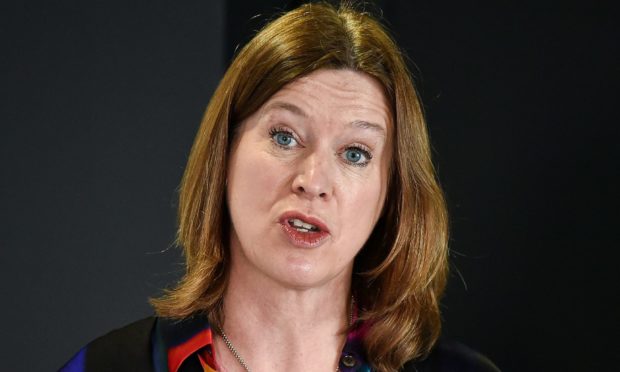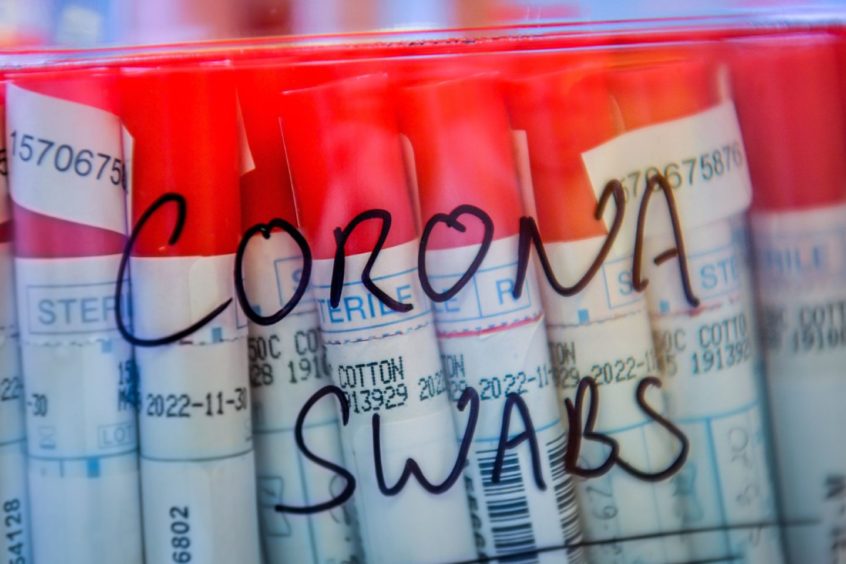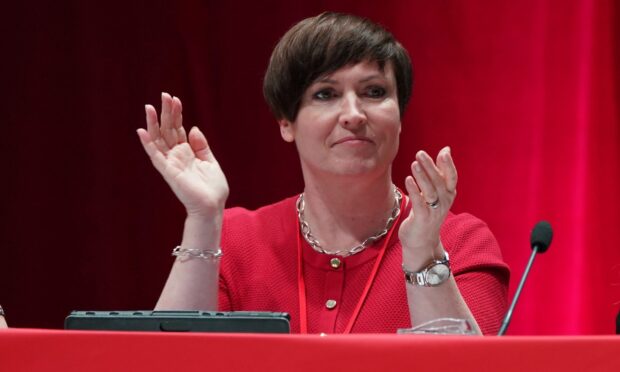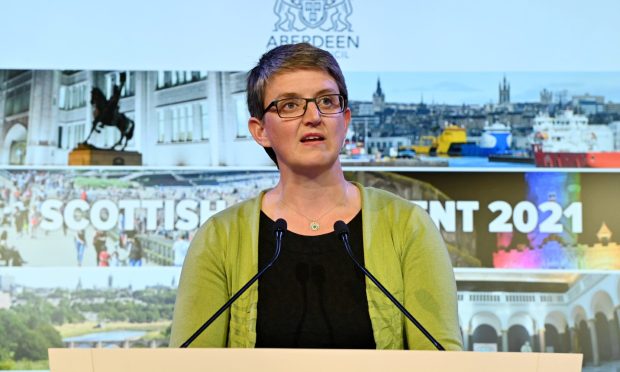Strict lockdown measures in place across Scotland to tackle the coronavirus pandemic could last even longer than three months if the situation worsens.
The country’s chief medical officer Dr Catherine Calderwood issued the warning at St Andrew’s House in Edinburgh on Monday as she said that covid-19’s peak in Scotland is not expected until late April.
She said the lockdown measures, which came into place last Monday, will be reviewed around three weeks in as originally planned – when health experts will be given a “much clearer picture” of the spread of the virus.
However Dr Calderwood said she is “pessimistic” about the current measures changing significantly at that stage.
At the weekend she said restrictions on movements were required for a period of at least 13 weeks in order to stop the spread of covid-19.
For a whole week now Scots have been unable to leave their properties except for vital shopping, a daily exercise, to provide medical care, or to travel to and from essential work.
Dr Calderwood added: “We are expecting a peak of the virus in around two to three weeks. So I would be pessimistic that there would be any change to these very stringent measures.
“The reason for the scientific advisory group being called for Scotland is to make sure that we have those data available to us in the best form that we can.
“It will be very interesting to see how the Scottish population responds, particularly as these measures are going to be in place for several months, and it is those sort of data that we will be looking at very closely.”
The 13-week estimate is based on modelling of the virus and takes into account the spread of covid-19, incubation periods, and the length of time people will be ill after contracting the disease.
Dr Calderwood added: “I think we have all seen this graph with the number of cases reaching a peak and then reducing again.
“It is that modelling that has led us to talk about this for a prolonged period of at least 13 weeks where the suppression measures, the population reducing the spread of the virus is needed.”
She said Scots should be prepared for the possibility of things “not returning to normal perhaps for an even longer period of time” – and that cases could rise during a “second peak” once restrictions are relaxed.
Dr Calderwod added: “What we do know is that once restrictive measures are lifted we will see a spike in the number of cases with the virus again and a spike in hospital admissions, ICU admissions and deaths.
“So it is entirely possible that having lifted measures we would have to place them back down again, perhaps not all of them, perhaps not as stringently, depending on the size of this second peak.
“So I would want people in Scotland to be aware that actually this 13 weeks is one figure and seems a very long time but unfortunately, unless we really get this virus under control, we may not be able to return to normal even after that.”
First Minister Nicola Sturgeon said: “We have always been very frank and open that these measures are not necessarily going to be in place for a short period of time.
“This period of 13 weeks has always been one we’ve understood and clearly we keep that under review as we understand more of our data about the infection and how it is operating.”











